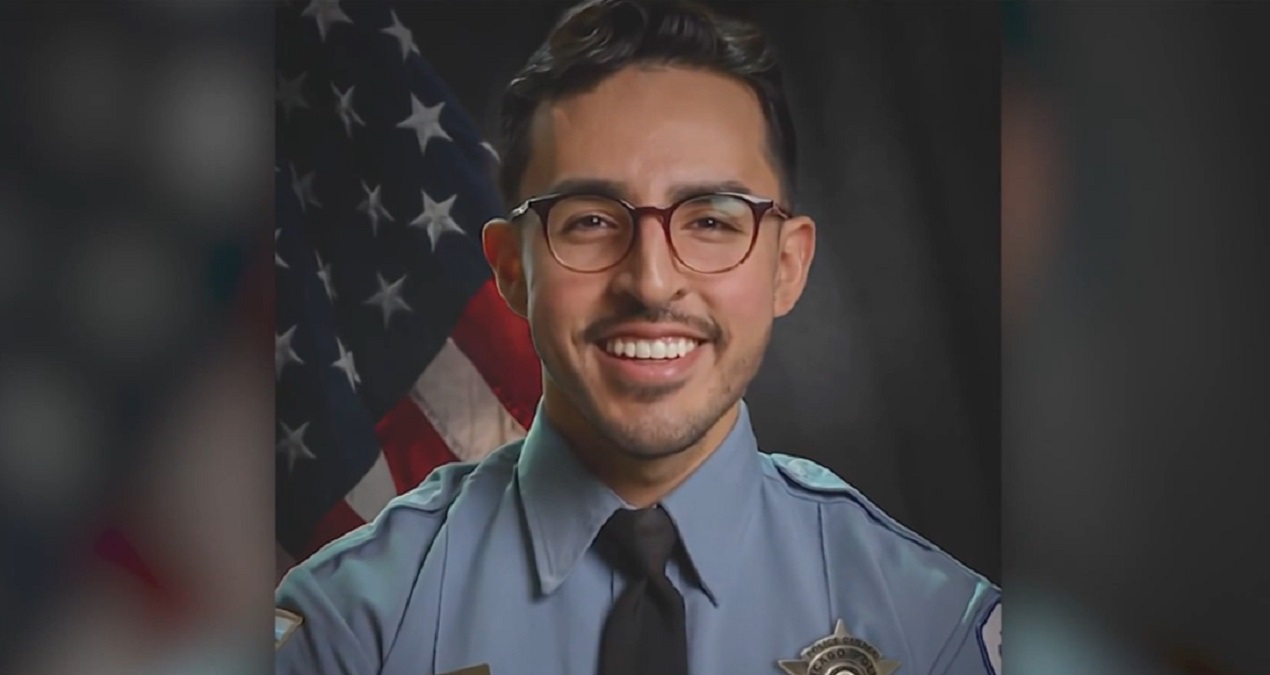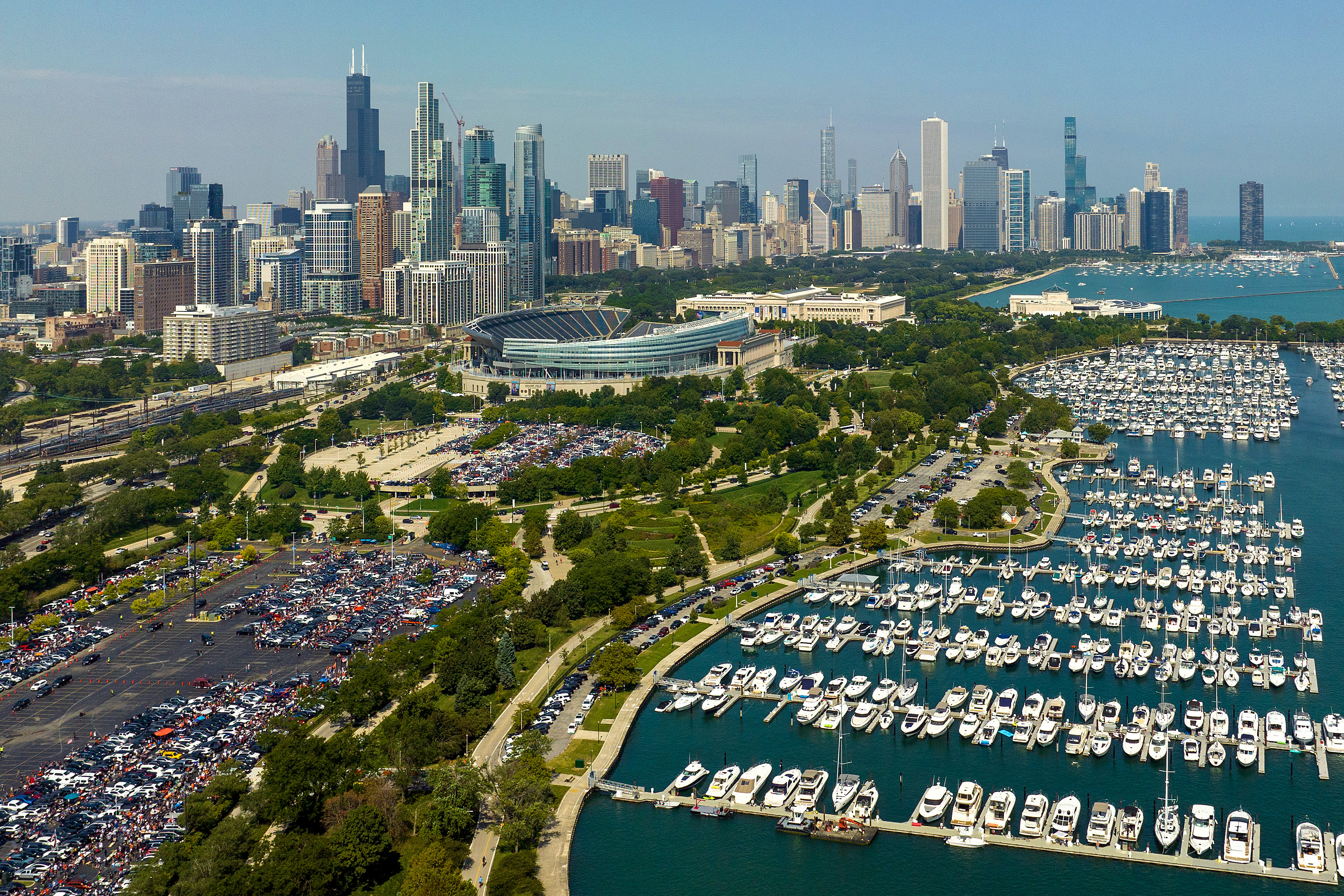Note: Mayor Lightfoot's budget address can be viewed live in the video player above beginning at around 10 a.m. CST on Wednesday.
Chicago Mayor Lori Lightfoot is scheduled to deliver her first budget address on Wednesday, unveiling the long-awaited details of her proposals to fill an $838 million gap in the city's budget for the fiscal year beginning Jan. 1.
Lightfoot first revealed the severity of what she has called a "fiscal crisis" in a state of the city address in August, and has shared some ideas and initiatives for closing the budget deficit in the weeks since. But Wednesday will mark the first time Chicago residents will get to see a more complete picture of how Lightfoot plans to tackle the city's financial problems - including any potential tax increases headed their way.
On Monday, Lightfoot announced a plan to refinance $1.2 billion of the city's existing debt that her office likened to a homeowner refinancing a mortgage to take advantage of lower interest rates. This move - pending City Council approval - is estimated to generate around $200 million in savings, equating to around 24% of next year's budget gap, Lightfoot said in a statement.
Lightfoot also announced last week a plan to improve the process for collecting taxes and fees from vendors doing business with the city. The effort will involve a new monitoring process and focus on overdue fees and taxes, generating up to $25 million next year. In June, she announced that the city would terminate $1.4 billion in short-term borrowing credit lines, saving an estimated $22 million next year, $16 million of which would be dedicated to the budget gap.
In August, Lightfoot said the city identified more than $5.9 million in savings thanks to various efficiencies to be implemented in the Department of Fleet and Facility Management, as well as $1 million saved by combining that department with the Department of Innovation and Technology, a merger she announced earlier thsi month.
Lightfoot has also touted reforms to the city's workers' compensation program as a cost-saving initiative, though her office has not put a number on that effort, simply promising "significant annual savings in the years ahead."
The already-announced proposals still leave well over $500 hundred million dollars outstanding in the budget deficit, which Lightfoot is expected to address Wednesday in presenting what she said Tuesday would be a balanced budget proposal.
She's likely to mention at least two items that rely on approval by the Illinois General Assembly, where the fall veto session is slated to begin Monday.
Those two items are the passage of a graduated real estate transfer tax and a change to the tax structure to make a casino in Chicago viable. The legislature authorized a Chicago casino earlier this year, but a study on its feasibility found that the "onerous" tax and fee structure would make it nearly impossible to attract an investor.
"We have a casino in idea but not in reality at this point so we're going to be continuing to work hard with the governor and his team, with the legislative leaders and the legislature to propose to them vehicles by which we can actually get the tax structure right that maximizes the benefit but also allows an operator to be able to earn money early on and then be able to get the casino financed," Lightfoot said in a radio interview earlier this month. Casino revenues would finance underfunded police and fire pensions, Lightfoot's office has said.
Lightfoot has also floated at least two tax hikes. On Friday, she proposed increasing taxes on single rides with ride-share companies, as well as rides that begin or end in Chicago's downtown area. This new fee structure is expected to generate $40 million in revenue, Lightfoot said, with a portion dedicated to improving public transportation and a portion allocated to the budget deficit.
She has also proposed a tax hike on all food and drinks sold at Chicago restaurants, doubling it from its current .25% to .5%, which her administration estimates would bring in about $20 million.
Other new or increased taxes and fees Lightfoot has openly said she's considering? One is a tax on online sales, also requiring approval from state lawmakers - which she's admitted would be difficult to get during the upcoming veto session.
Lightfoot has also repeatedly said she won't rule out a property tax hike, but has called it a last resort.
Local
"I can't take that off the table, but I've heard loud and clear from people across the city that the last thing they want to see on top of all the other burdens that they've suffered over the last few years is a property tax increase," Lightfoot said at an unrelated news conference Tuesday.
"I'd like to avoid that if possible but I can't take that off the table and I won't preview what we're doing tomorrow, but you'll see there's a plan in place but a lot depends on what happens in Springfield," she continued.
To hear from Chicago residents on the deficit and the city's financial outlook, Lightfoot hosted five budget town halls across the city and circulated an online public survey in recent weeks. Her office said both forums indicated that there is a widespread interest in addressing issues like property taxes, pension reform, settlements and judgments, personnel reductions and affordable housing, among others.
After Lightfoot delivers her budget address before Chicago City Council on Wednesday, the council's Budget Committee will convene hearings with each city department, at which point residents can again voice their opinions on appropriations in next year's budget.
The mayor's budget proposal is expected to be up for a vote before the entire City Council on Nov. 26, her office said.



